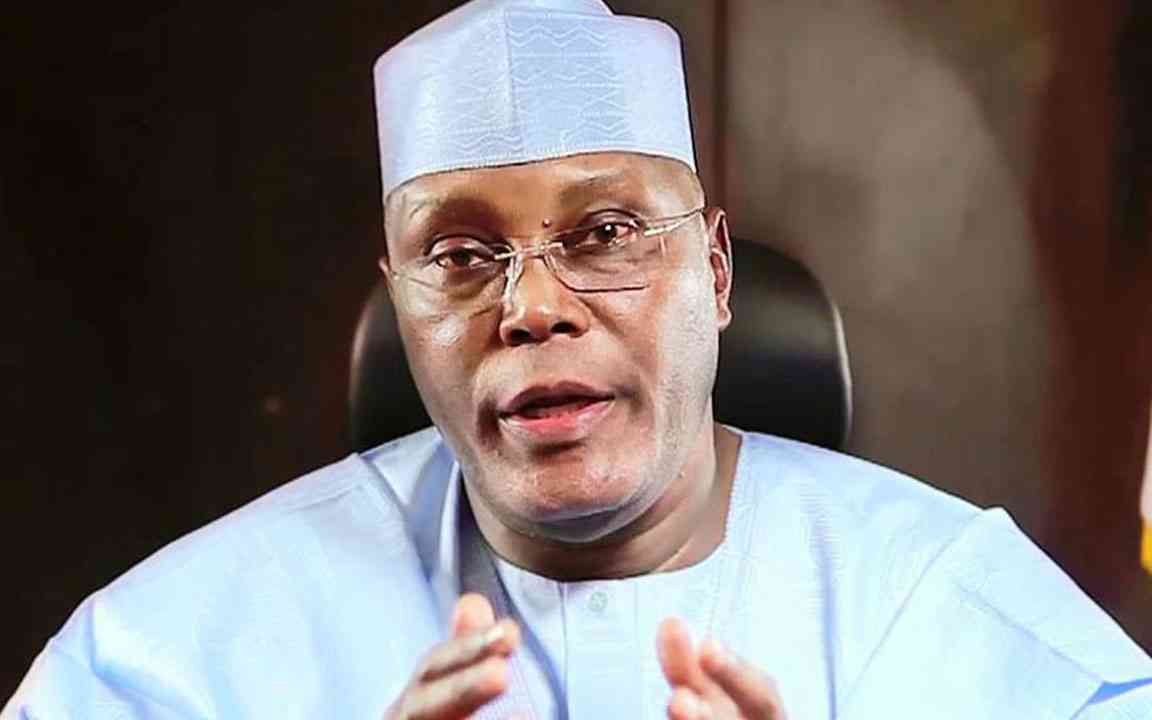
Nigerian opposition presidential candidate Atiku Abubakar said he is willing to disclose his assets if compelled by law and denied a new corruption allegation against him ahead of the Feb. 25 election, the BBC reported on Tuesday.
Atiku, who was vice president from 1999 to 2007, is the main opposition People's Democratic Party's candidate and among the top three contenders to take over from President Muhammadu Buhari, whose final term ends in May.
The candidate, a 76-year-old businessman, has previously faced allegations of corruption, which he denies.
Atiku told the BBC he would disclose his assets if a law was enacted requiring it and that he would "take it in good faith" if he lost the election.
"The law doesn't provide that we should make it (assets) public. But if the law says we should make it public, I will make it public. I don't mind it," he said.A ruling party official last week filed a motion with the High Court in Abuja asking it to order the Economic and Financial Crimes Commission and other agencies to arrest and prosecute Atiku over a leaked audio.
On the audio, which Reuters has not verified, someone who sounds like Atiku describes a plan to divert funds from government projects and cover up that the person received the money.
When asked to comment on the audio, Atiku told the BBC: "That voice has disclosed nothing new."
- Nigeria clears 18 candidates for presidency
- Nigeria boat accident kills at least 76 fleeing floodwater in Anambra
- Tinubu criticised after facing questions in London
- Nigeria to pay $4 bln extra in 2023 if lawmakers reject loan bond swap president
Keep Reading
When pressed if it was his voice in the audio he said, "Nothing new."
"All what I know, all corrupt practices or corrupt allegations against me have been investigated in this country more than anybody else and nothing was found against me."
Atiku figured prominently in the corruption trial of former U.S. Representative William Jefferson, who was accused of trying to bribe Atiku in an effort to expand a technology business in Nigeria. Jefferson was convicted in 2009 and sentenced to 13 years in prison. His sentence was subsequently reduced.
Separately, U.S. Senate investigators in 2010 alleged that one of Atiku's four wives helped him transfer more than $40 million in "suspect funds" into the United States from offshore shell companies.







